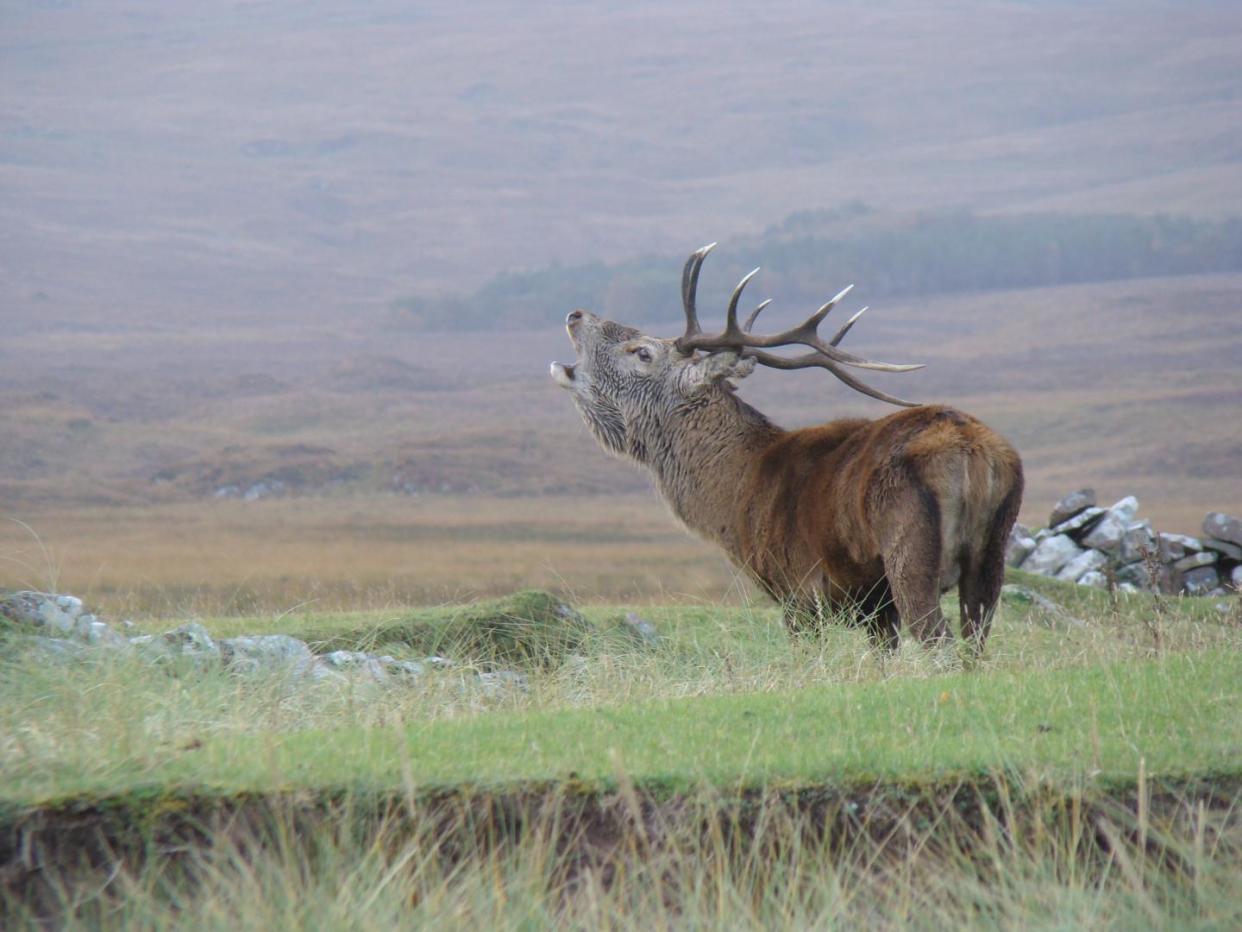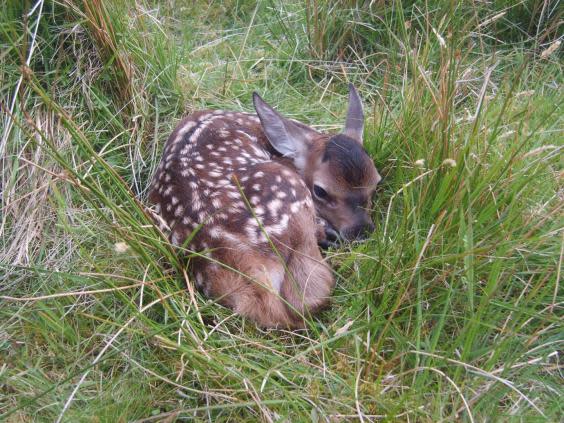Red deer show first evidence of animal evolution in response to climate change, study reveals

A population of red deer on a Scottish island are providing scientists with the first evidence of wild animals evolving differently due to man-made climate change.
A new study into the deer living on the small Hebridean island of Rum reveals genetic changes believed to be related to a warming climate mean the animals are giving birth slightly earlier each year.
Using data from previous research going back to the 1970s, the team, which includes scientists from the University of Edinburgh, found average birth dates were getting earlier at a rate of about three days per decade, partly due to the effects of warmer temperatures on the deer’s behaviour and physiology.
Now, scientists have revealed that genetic changes caused by natural selection – the theory of evolution developed by Charles Darwin – are also involved.
Female red deer – called hinds – give birth to a single calf each year, and those that reproduce earlier in the year have more offspring over their lifetime, researchers say.
Their findings show that this is partly because of an association between the genes that make hinds give birth earlier and higher overall reproductive success. As a result, genes for breeding earlier have become more common in the Rum deer population over time.

Dr Timothee Bonnet, of the Australian National University, who led the study, said: “This is one of the few cases where we have documented evolution in action, showing that it may help populations adapt to climate warming.”
Professor Josephine Pemberton, of the University of Edinburgh’s School of Biological Sciences, who was also involved in the study, said: “Long-term studies of individual lifetimes are one of the few ways to understand how populations respond to environmental change and how to manage its effects.”
Sally Thomas, Scottish Natural Heritage’s director of people and nature, said: “These findings are a fascinating example of the impact climate change may be having on wildlife. More and more research is demonstrating climate change is influencing species across the UK and the world.”
The research is published in the journal PLOS Biology.

 Yahoo News
Yahoo News 
